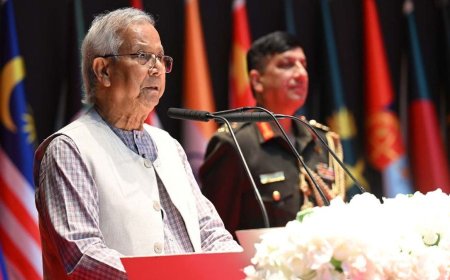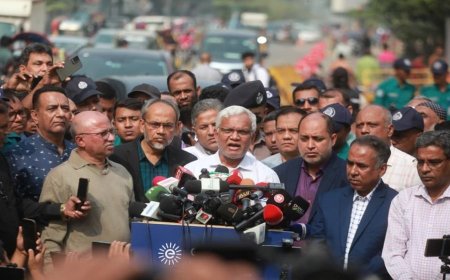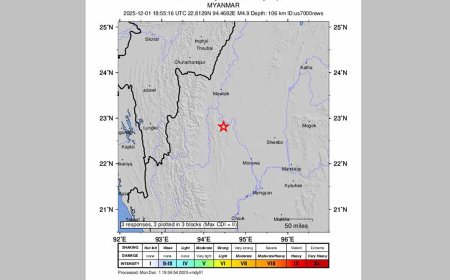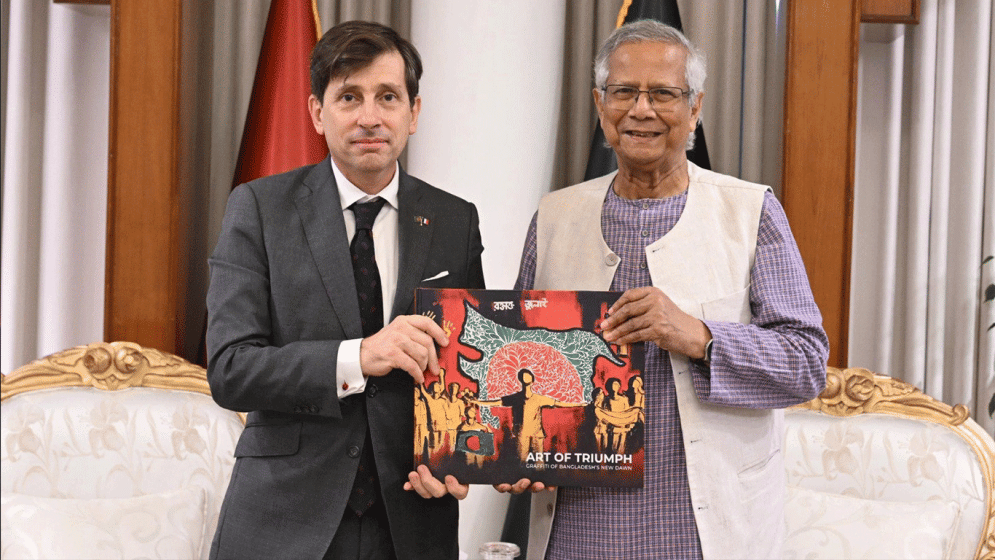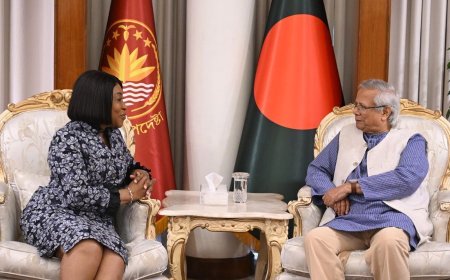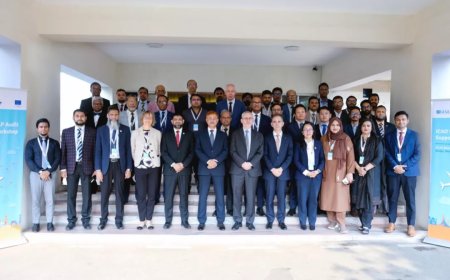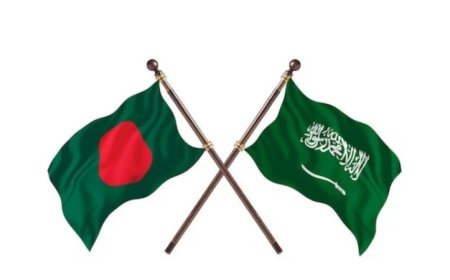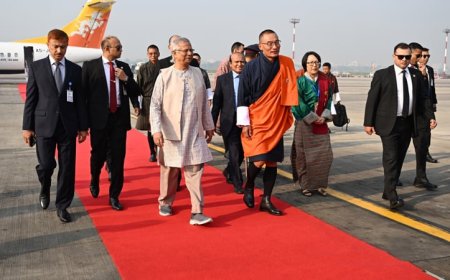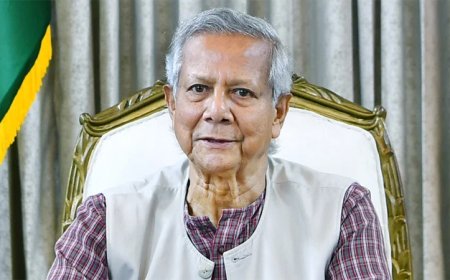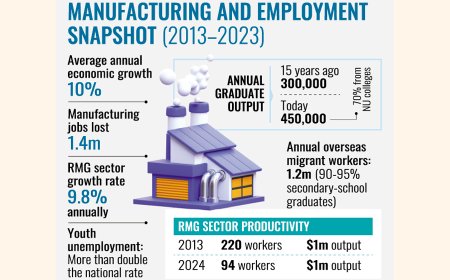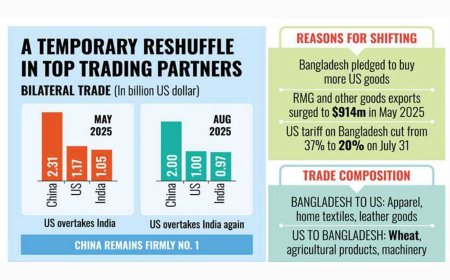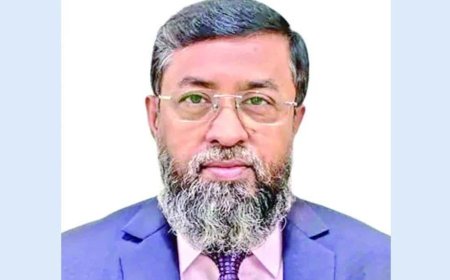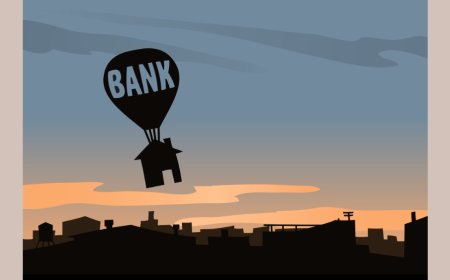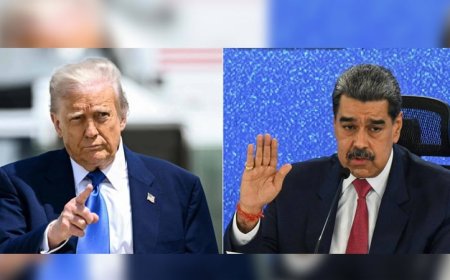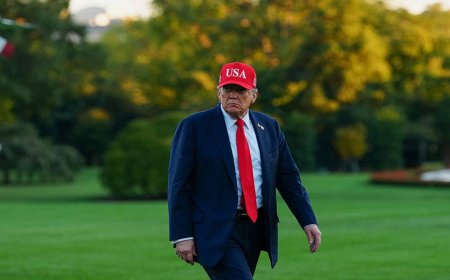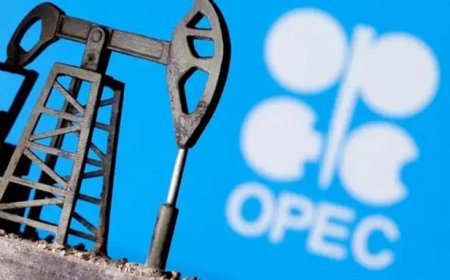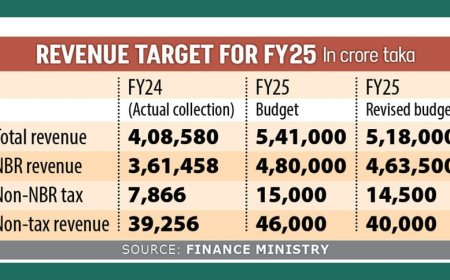LPG Can Help Ease Gas Crisis: Speakers
“A Cylinder Priced at Tk 1,200 Is Often Sold at Tk 1,400 — Traders Must Be Held Accountable for This”
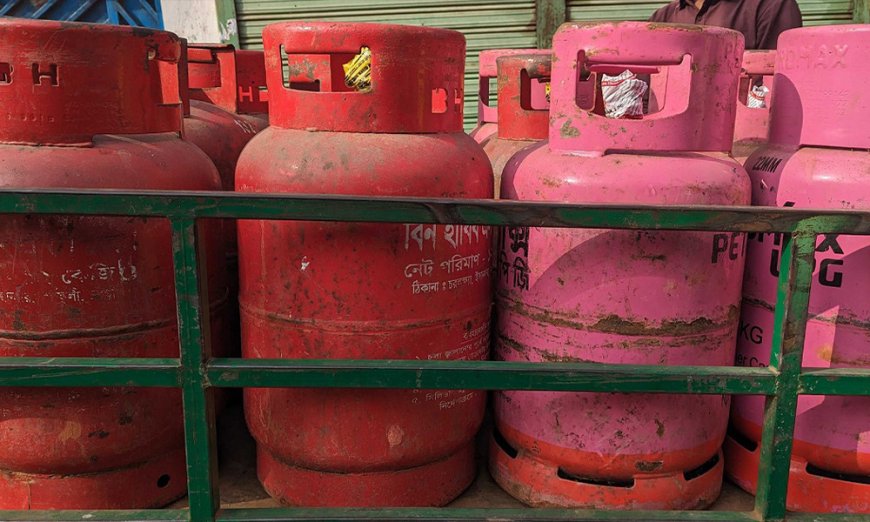
Domestic gas production in Bangladesh has been steadily declining, resulting in shortages across industries, power plants, and households. In this context, liquefied petroleum gas (LPG) is emerging as a key alternative fuel that can help mitigate the industrial gas crisis. Already, its use is expanding beyond households to the industrial sector.
These insights were shared on Saturday at a policy conclave titled “LPG in Bangladesh: Economy, Environment, and Safety,” held at a hotel in Dhaka. Organized by the daily Bonik Barta, the event aimed to promote a sustainable LPG economy, address environmental concerns, and strengthen safety standards. The conference brought together policymakers, experts, researchers, entrepreneurs, industrial representatives, and development partners from across the energy sector.
Speakers discussed the future policy framework for the LPG sector, market structure, safety measures, environmental sustainability, and investment opportunities.
Chief guest Mohammad Faozul Kabir Khan, Adviser to the Ministry of Power, Energy and Mineral Resources, said:
“To address the country’s short-term energy crisis, controlling LPG prices is essential. The current market price of a 12-kg cylinder exceeds Tk 1,200, which prevents both industrial and household users from benefiting fully. Ideally, the price should remain within Tk 1,000.”
He further noted:
“A cylinder priced at Tk 1,200 is often sold at Tk 1,400 — traders must take responsibility for this. Business cannot continue without accountability. LPG could be a major solution to the ongoing energy crisis, but its high price poses a serious challenge, particularly since the supply chain is dominated by the private sector. Entrepreneurs must act responsibly. Many power plants have been built beyond actual demand without securing adequate fuel supply, and numerous illegal gas connections have been issued — often under political influence.”
BNP Standing Committee Member Abdul Moyeen Khan observed:
“The energy adviser blamed both politicians and businessmen, but the issue is more complex. It’s not about blame — our natural gas reserves are depleting. We must plan now for how to manage this shortage.”
Bangladesh Energy Regulatory Commission (BERC) Chairman Jalal Ahmed said:
“To achieve developed-country standards, we need to raise per capita energy consumption, and LPG can play a vital role in that process. We revise LPG prices monthly based on the dollar exchange rate and Saudi Aramco’s contract price to keep rates as low as possible for consumers. We’re also working to simplify the business licensing process.”
Amirul Haque, President of the LPG Operators Association of Bangladesh (LOAB), emphasized:
“While BERC sets the LPG prices, the industry’s biggest need is consistent policy support. Bangladeshi entrepreneurs are leading this sector, yet they are often portrayed as profiteers. If such perceptions persist, who will invest in this business?”
The keynote paper, presented by Professor M. Tamim, Vice-Chancellor of Independent University, Bangladesh (IUB) and an energy expert, highlighted that the country currently faces a daily shortfall of 1.6 billion cubic feet of natural gas. However, Bangladesh has the capacity to store 1.6 million tonnes of LPG annually and supply an equivalent of 400 million cubic feet of gas per day — a potential that could significantly ease the industrial gas shortage.
The panel discussion featured Md. Amin Ul Ahsan (Chairman, Bangladesh Petroleum Corporation), Brigadier General Mohammad Zahid Kamal (Director General, Fire Service and Civil Defence), Azam J. Chowdhury (Chairman, East Coast Group), Ali Reza Iftekhar (Managing Director, Eastern Bank PLC), Harun Gurtac (CEO, United iGas LPG Ltd.), Marco Antonio Rodrigues de Oliveira (CEO, Petromax LPG Ltd.), and Mohammad Khorshed Alam (COO, Akij Bashir Group).
What's Your Reaction?








